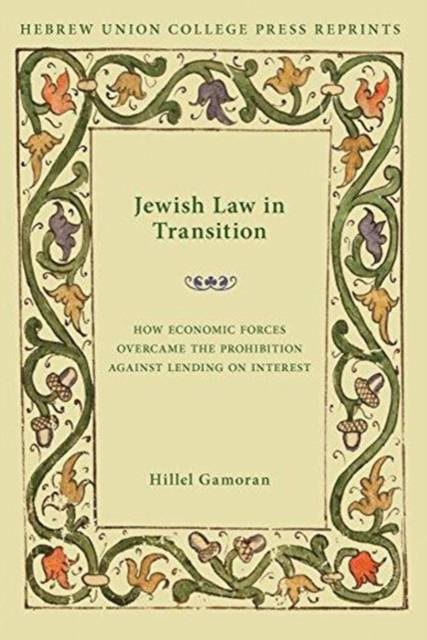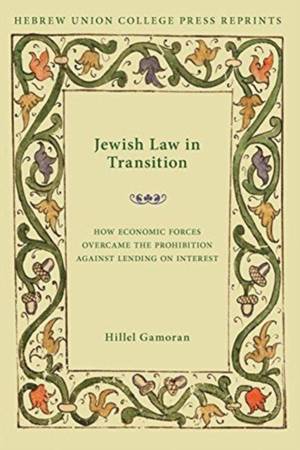

Je ziet het goed: de website van Standaard Boekhandel heeft een frisse nieuwe look gekregen!
Ons logo én onze webshop hebben een make-over gekregen, maar wees gerust: we blijven dezelfde vertrouwde Standaard Boekhandel die je kent en liefhebt.
Nieuwsgierig naar het verhaal achter onze nieuwe stijl?













